Basse Stittgen is Making Biodegradable Plastic Tableware Out of Expired Eggs
The Design Academy Eindhoven grad is bringing attention to food waste and overconsumption with his new project...
German designer and Design Academy Eindhoven grad Basse Stittgen is bringing attention to food waste and overconsumption with his new project, How Do You Like Your Eggs? Using only expired eggs, Stittgen has created a completely degradable bioplastic which he used to create a range of tableware, including egg cups and plates.

"Annually, an average of 6.4 billion hens lay 1.1 trillion eggs," Stittgen writes on his website. "Simultaneously, one-third of all food per year is lost or wasted, which includes eggs that have a short shelf-life and whose fragile shell is not the most suitable protection against processing and transport."
In terms of process, Stittgen collects unused eggs from local bakeries and first separates them into whites, yolks, and shells. The egg whites are dehydrated and ground into a powder, then mixed with the crushed shells. This combination is placed into an aluminum mold and heat-pressed at 200 degrees, which causes the albumin protein from the egg whites to form polymers, without the need for an additional plasticizer.

It's a similar process to Stittgen's previous project, Blood Related, for which he made a series of objects made of discarded cow blood by first drying the blood and transforming it into a powder. Stittgen received a fellowship for this project at the New Material Awards during Dutch Design Week last year.
Despite his novel approach to "the extraordinary materiality of commonplace items," Stittgen is the first to recognize that sustainable materials are important but nowhere near the end of the solution. "If the production of, for instance, polylactic acid (PLA) made from corn starch was to be scaled up to a point that it would replace fossil-fuel-based plastics, then the production of PLA would become a huge environmental problem in itself," he notes.

More importantly, our behaviors as consumers need to be addressed. "It's possible that there can't be any non-problematic materials until systems and our habits of consumption become non-problematic," he says. By transforming the fragile, life-giving, and symbolic egg, Stittgen suggests that all of our resources should be "handled with great care."
-
o1Favorite This
-
QComment
K
{Welcome
Create a Core77 Account
Already have an account? Sign In
By creating a Core77 account you confirm that you accept the Terms of Use
K
Reset Password
Please enter your email and we will send an email to reset your password.


